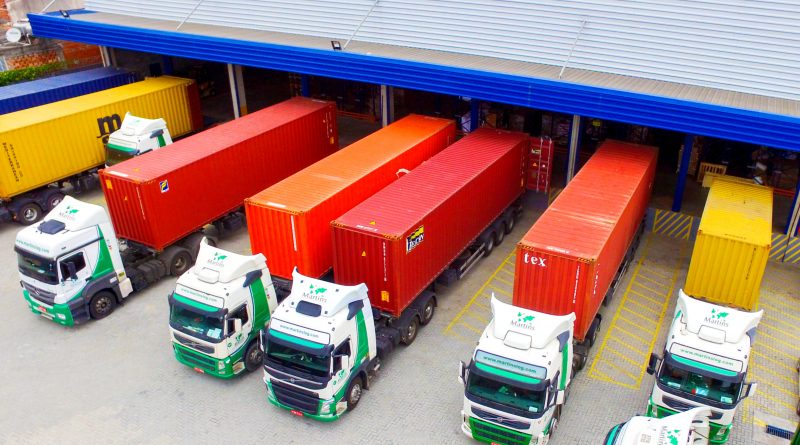How Blockchain Can Help Improve Logistics
Blockchain is a digital distributed ledger that is shared and maintained among all participants, thus reducing the chances of tampering and fraud while promoting transparency and trust in all transactions conducted on its platform. Therefore, blockchain technology promises to bring much benefit to the logistics industry, least of which are simplifying the business operations and enhancing the processes of international shipping. At the technical level, blockchain can serve as a foundational technology for streamlining existing business models and launching new ones.
The advantages of having a distributed consensus ledger that is shared among all stakeholders in the logistics and shipping industry are numerous. It offsets the inefficiencies and opacity caused by having multiple independent and isolated ledgers and data management systems, and streamlines operations and business processes such as parcel tracking and financial record keeping. Take for example the payment system; with blockchain it can facilitate cross-border payments in a secure and tamper-proof fashion due to its auditable and distributed nature whereby all transactional data is shared among all the involved parties, instead of being kept separately on different, individual ledgers. Additionally, each logistics stakeholder will not necessarily need to develop or maintain their own separate data management system, which helps them to reduce costs.
Since precise parcel tracking is an integral part of logistics, blockchain can be utilized to track parcels or shipments similar to supply chain use cases. It connects all participants in the international shipping ecosystem, thus increasing visibility into parcels or packages. This is easily done on a shared digital ledger, where all involved stakeholders are given blockchain keys and addresses which only they can use to access the information and record of a given parcel. The inherent transparent nature of blockchain technology also ensures that the tracking system is extremely difficult to tamper with. Blockchain has the ability to track parcels all the way from its point of origin to its final destination, thus ensuring that all parties involved are kept up-to-date on the status of said parcel.
The transparent, shared nature of the blockchain ledger, which discourages fraud and tampering by individual parties, also serves safety and security particularly well. Foreign post offices and international customs agencies have at their fingertips an immutable and auditable digital ledger of parcel and transactional data involving all stakeholders, thus enabling security and safety forces to identify potentially dangerous shipments or packages early.
Blockchain definitely has the potential to affect multiple areas of the parcel and logistics industry. In matters of security and safety it can be utilized as a trusted link between all involved participants including distribution centers, post offices, international customs agencies and carriers. Blockchain technology has the ability to help streamline business operations and processes such as cross-border payments and parcel tracking. What’s more, blockchain can serve as the foundational technology platform for other new innovations such as Internet of Things (IoT) and artificial intelligence (AI), thus enabling evolution in areas such as predictive fleet management, freight management, passive package scanning, mail sorting and tracking.
How successful the implementation and integration of blockchain into logistics will be will largely depend on the ability of the multiple stakeholders involved to work together effectively. Adopting blockchain technology to innovate and improve the international shipping ecosystem will require all parties involved along the value chain to adapt their business models, be fleet-footed and accept change.

